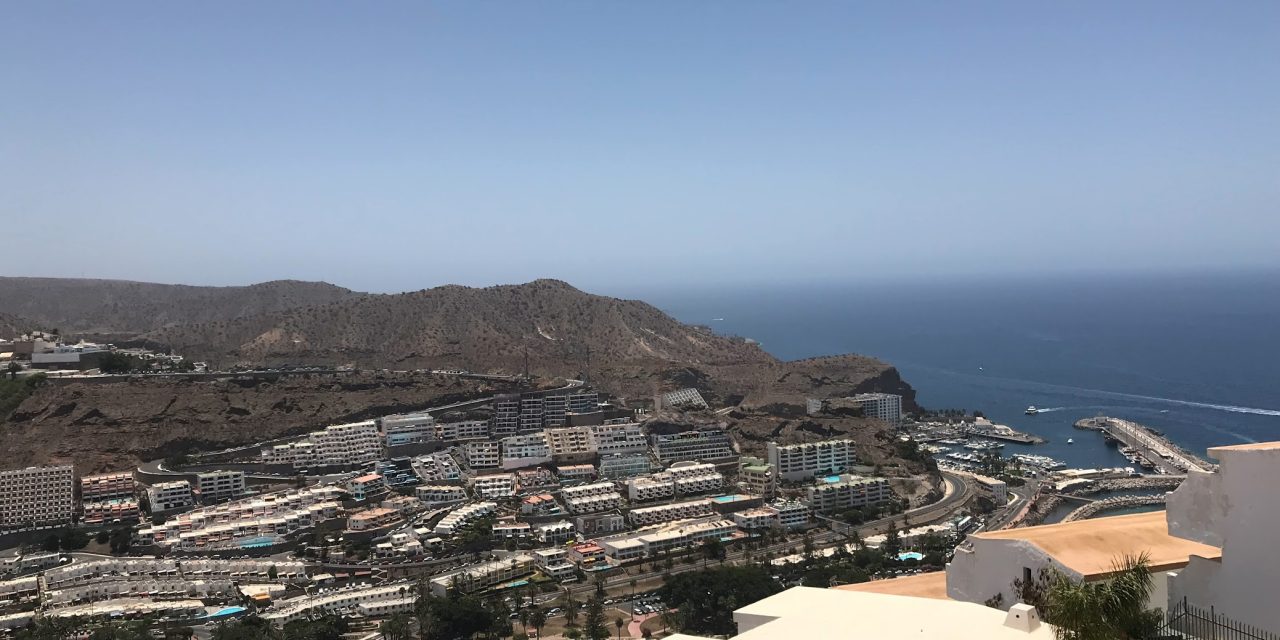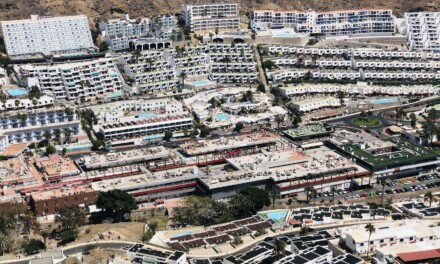Many have been discussing the possibility of restricting property sales in the Canary Islands to foreign buyers, as property prices and a lack of new builds has become a major issue, and particularly in the political debate ahead of the regional elections this May.
Podemos, one of the parties that currently governs the region, has expressed its intention to limit real estate transactions involving non-residents, going as far as to consider this proposal to be a red line when it comes to renewing the current coalition agreement. The party has even proposed an “insular exception” for the Canary and Balearic Islands to limit the sale of homes to citizens from other countries. However, this has been met with opposition from the real estate sector in the Canary Islands, and it may also pose legal difficulties as it could well contravene the current EU legal framework.
Foreign property buyers are behind one-third of the real estate transactions that took place in the Canary Islands last year, which means that one in three homes that changed hands was sold to people who do not live on the islands. In total, non-residents bought 6,973 properties on the Islands, a record number and an increase of 57% compared to 2020, according to data from the Spanish Ministry of Transport, Mobility, and Urban Agenda.
Several factors account for the surge in real estate transactions by foreign buyers, including operations that were delayed due to the pandemic, the high profitability that can be obtained from these properties, and the flight of investors due to the war in Europe, which has increased interest. However, experts in the real estate sector agree that the high demand from foreign buyers eventually drives up property prices because, although they also seek to negotiate lower prices, their higher purchasing power makes them willing to pay more than locals for a home. In fact, the Canary Islands are the region where the price per square meter increased the most last year, by 12.7%.
Some political parties in the Canary Islands view the purchase of homes by foreigners as part of a housing problem that has many other facets in the region. In their view, the high demand from foreign buyers has exacerbated the shortage of affordable housing for (voting) locals, and thus, they are proposing to limit the sale of homes to non-residents. However, this proposal has raised questions about its legal feasibility and potential impact on the local economy and tourism industry.
The Canary Islands, located off the northwest coast of Africa, are a popular tourist destination, attracting millions of visitors every year. The tourism industry is a significant contributor to the local economy, accounting for approximately 35% of the region’s GDP and providing jobs to more than 240,000 people. The real estate sector also plays an important role in the local economy, particularly in the construction, rental, and sale of holiday homes. However, the high demand from foreign buyers has led to a shortage of affordable rental properties for locals, particularly in urban areas where prices have soared due to the influx of tourists.
The issue of housing affordability is particularly acute in the Canaries, where the high cost of living, low wages, and lack of affordable housing have led to a growing social and economic divide. According to a report by the Spanish National Institute of Statistics, the Canary Islands have the highest poverty rate in Spain, with 40% of the population at risk of poverty or social exclusion. This situation is exacerbated by the lack of affordable housing, which has forced many young people and low-income families to live in overcrowded conditions or to move to other regions in search of better opportunities.
The housing crisis in the Canary Islands has multiple causes, including limited availability of land for construction, the high cost of building materials, and the concentration of tourist activity in certain areas of the islands. However, the surge in real estate transactions by foreign buyers has become a focal point of the debate on housing affordability, as it is seen by some as a factor that drives up prices, exacerbating the housing crisis, also fuelled by the fact that many of them purchase properties as second homes or for vacation purposes, which leaves fewer options available for local residents who are struggling to find affordable housing. This can lead to so-called gentrification and displacement of the local population, especially in areas with high tourist demand.
Moreover, the influx of foreign buyers can also have negative social and environmental consequences. Some critics argue that it contributes to the development of a two-tier society, where foreign investors and wealthy tourists have access to exclusive properties and services, while the local population is left behind. In addition, the construction of new properties to meet the demand of foreign buyers can put pressure on natural resources and increase the carbon footprint of the region.
Despite these concerns, the proposal to limit the purchase of homes by foreign buyers faces significant legal obstacles. The free movement of capital is a fundamental principle of the European Union, and any attempt to restrict it would need to be carefully crafted to avoid infringing on EU law. Moreover, some legal experts argue that such a measure could be considered discriminatory and violate the principle of non-discrimination on grounds of nationality.
The proposal to limit the purchase of homes by foreign buyers is a highly emotive and controversial subject in the Canary Islands. While some argue that it is necessary to address the housing crisis and protect the interests of local residents, others see it as a discriminatory measure that could harm the economy and international image of the region. As with any complex issue, there are valid arguments on both sides, and it will be up to the policymakers and the electorate to weigh them carefully and come to a decision, particularly ahead of this May’s local and regional elections.










